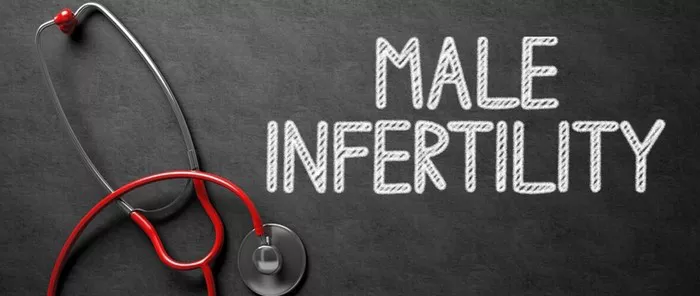Infertility is a challenging journey that many couples face, and while it’s often assumed to be solely a female issue, male infertility is a significant factor in about half of all cases. Understanding the various factors that can contribute to male infertility is crucial in navigating this complex landscape and seeking appropriate treatment. In this article, we’ll delve into the diverse array of factors that can lead to infertility in men, shedding light on this often overlooked aspect of reproductive health.
Hormonal Imbalances: The Symphony of Reproduction
Hormones play a vital role in orchestrating the intricate dance of reproduction, and any disruption to this delicate balance can impact fertility. Conditions such as hypogonadism, where the testes produce insufficient testosterone, can impair sperm production and fertility. Similarly, abnormalities in other hormones, such as follicle-stimulating hormone (FSH) and luteinizing hormone (LH), can affect sperm development and maturation, leading to infertility.
Genetic Factors: Unraveling the Genetic Code
Genetic abnormalities can also play a significant role in male infertility. Conditions such as Klinefelter syndrome, where men are born with an extra X chromosome, or Y chromosome deletions, can disrupt sperm production and quality. These genetic anomalies may affect critical genes involved in spermatogenesis, leading to infertility issues.
Varicocele: The Veil of Veins
Varicocele, a condition characterized by enlarged veins within the scrotum, is a common cause of male infertility. Varicoceles can impair sperm production by increasing scrotal temperature and disrupting blood flow to the testes. This can lead to decreased sperm quality and motility, hindering the ability to conceive.
Reproductive Tract Obstructions: Roadblocks to Fertility
Obstructions within the male reproductive tract can impede the transport of sperm and lead to infertility. Conditions such as epididymal or ejaculatory duct obstruction can prevent the proper passage of sperm, hindering fertility. These obstructions may result from infections, injuries, or congenital abnormalities.
Lifestyle and Environmental Influences: Navigating Modern Challenges
In today’s fast-paced world, lifestyle and environmental factors can exert a significant influence on male fertility. Factors such as smoking, excessive alcohol consumption, drug use, and exposure to environmental toxins can all impair sperm production and function. Additionally, factors like obesity, stress, and poor dietary habits can contribute to hormonal imbalances and reproductive dysfunction.
Sexual Dysfunction: Addressing Intimate Challenges
Sexual dysfunction, including erectile dysfunction and ejaculatory disorders, can also contribute to male infertility. Difficulties in achieving or maintaining an erection, as well as issues with ejaculation, can hinder the delivery of sperm to the female reproductive tract, reducing the chances of conception.
Seeking Solutions: Navigating the Path to Parenthood
While male infertility can present significant challenges, it’s essential to remember that effective treatments are available. Depending on the underlying cause, treatment options may include hormone therapy, surgical interventions, lifestyle modifications, or assisted reproductive technologies such as in vitro fertilization (IVF) or intracytoplasmic sperm injection (ICSI). Seeking support from healthcare professionals and fertility specialists can provide valuable guidance and reassurance along the journey to parenthood.
Conclusion:
In conclusion, male infertility can arise from a variety of factors, including hormonal imbalances, genetic abnormalities, varicoceles, reproductive tract obstructions, lifestyle and environmental influences, and sexual dysfunction. Understanding these factors is crucial in navigating the complexities of male fertility and seeking appropriate interventions. By shedding light on the causes of male infertility, we can empower individuals and couples to take proactive steps towards achieving their dreams of parenthood.






















